Electrophysiology
Recent articles
Snoozing dragons stir up ancient evidence of sleep’s dual nature
Deep-sleep cycling between brain waves of higher and lower amplitude dates far back on the evolutionary tree, according to a new comparative study of mammals and reptiles.
Snoozing dragons stir up ancient evidence of sleep’s dual nature
Deep-sleep cycling between brain waves of higher and lower amplitude dates far back on the evolutionary tree, according to a new comparative study of mammals and reptiles.
Facial movements telegraph cognition in mice
If you give a mouse a decision, its thought process may show on its face.
Facial movements telegraph cognition in mice
If you give a mouse a decision, its thought process may show on its face.
Reproducibility is a team sport: Lessons from a large-scale collaboration
Building reproducible systems across labs is possible, even in large-scale neuroscience projects. You just need rigor, collaboration and the willingness to look your own practices dead in the eye.
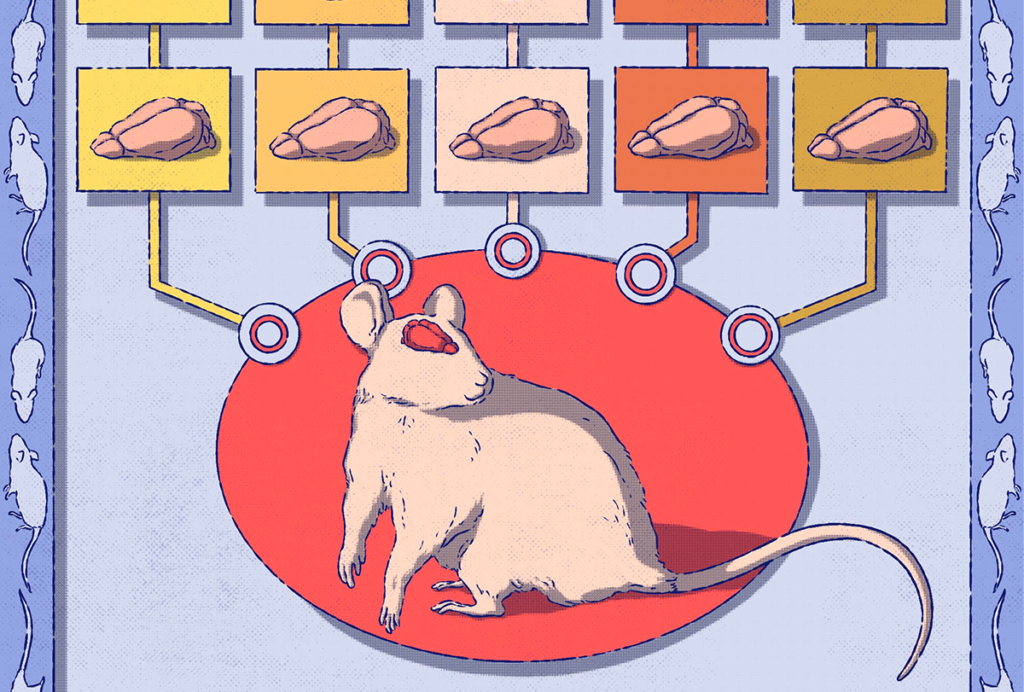
Reproducibility is a team sport: Lessons from a large-scale collaboration
Building reproducible systems across labs is possible, even in large-scale neuroscience projects. You just need rigor, collaboration and the willingness to look your own practices dead in the eye.
Everything everywhere all at once: Decision-making signals engage entire brain
The findings, gleaned from the most comprehensive map yet of brain activity during decision-making in mice, show that the process is even more distributed than previously thought.
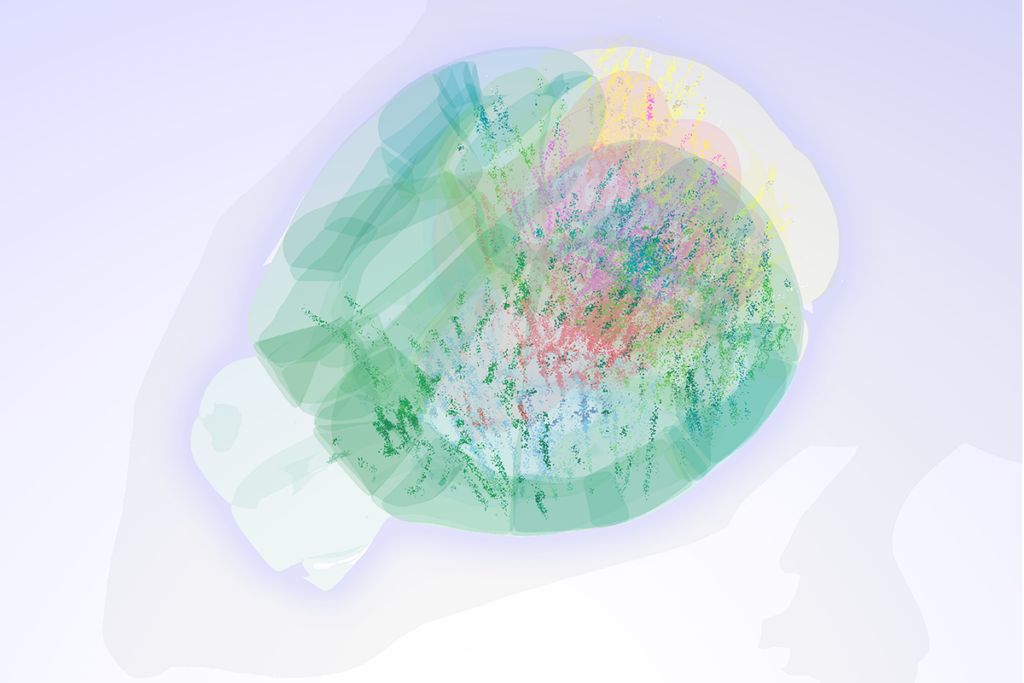
Everything everywhere all at once: Decision-making signals engage entire brain
The findings, gleaned from the most comprehensive map yet of brain activity during decision-making in mice, show that the process is even more distributed than previously thought.
Remembering A. James Hudspeth, hair cell explorer
Hudspeth, who died 16 August at age 79, devoted his 50-year career to untangling how the ear converts sound into electrical signals.
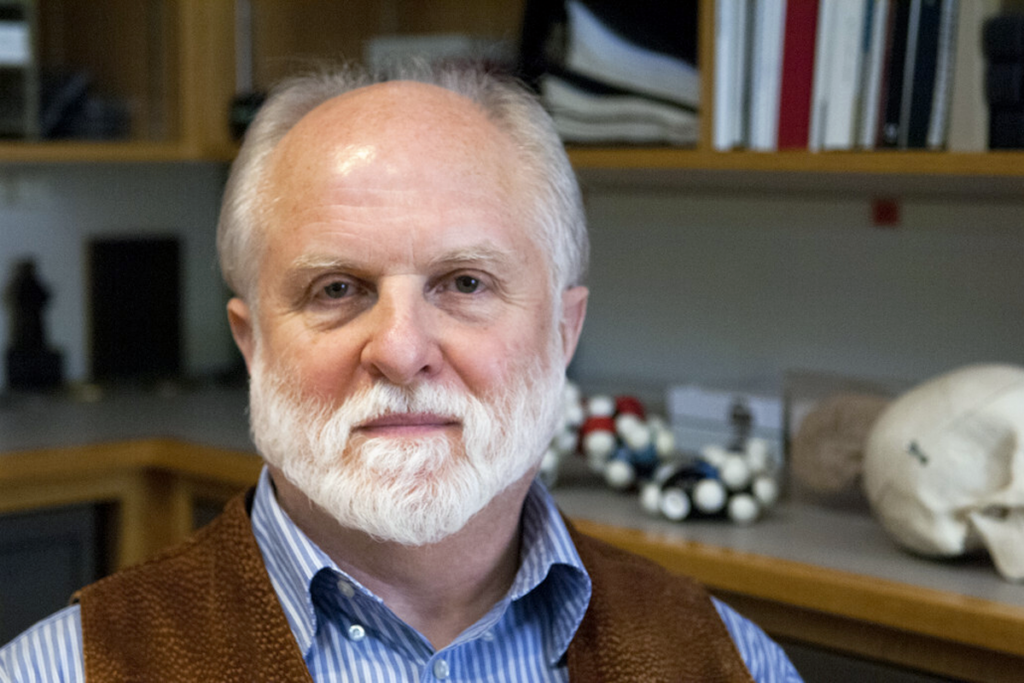
Remembering A. James Hudspeth, hair cell explorer
Hudspeth, who died 16 August at age 79, devoted his 50-year career to untangling how the ear converts sound into electrical signals.
‘Perturb and record’ optogenetics probe aims precision spotlight at brain structures
The tool provides a new way to characterize cells and study neuronal circuits.
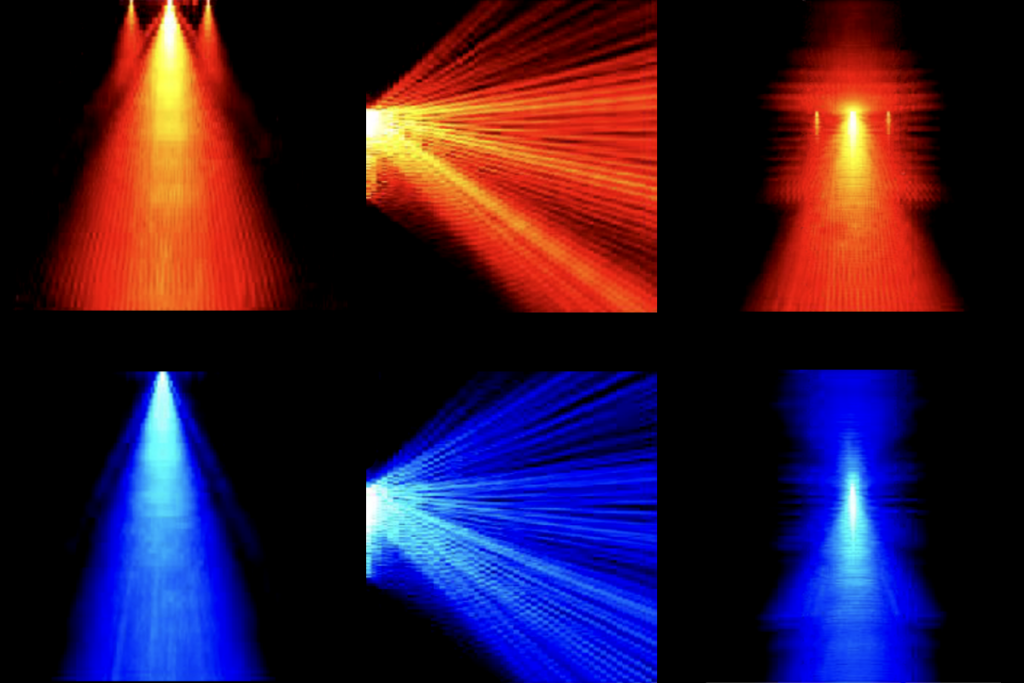
‘Perturb and record’ optogenetics probe aims precision spotlight at brain structures
The tool provides a new way to characterize cells and study neuronal circuits.
Tracking single neurons in the human brain reveals new insight into language and other human-specific functions
Better technologies to stably monitor cell populations over long periods of time make it possible to study neural coding and dynamics in the human brain.

Tracking single neurons in the human brain reveals new insight into language and other human-specific functions
Better technologies to stably monitor cell populations over long periods of time make it possible to study neural coding and dynamics in the human brain.
Single-neuron recordings are helping to unravel complexities of human cognition
As this work begins to bear fruit, researchers “are becoming less afraid to ask very difficult questions that you can uniquely ask in people.”
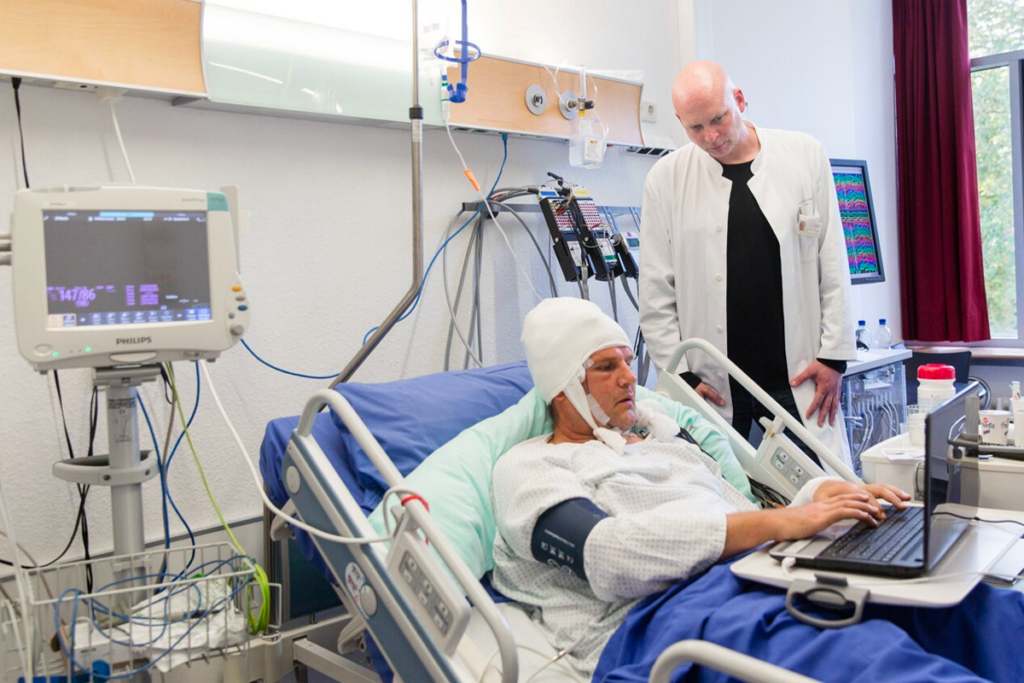
Single-neuron recordings are helping to unravel complexities of human cognition
As this work begins to bear fruit, researchers “are becoming less afraid to ask very difficult questions that you can uniquely ask in people.”
To beat the heat, hypothalamus neurons in mice ramp up their firing
The uptick may help the rodents acclimate to temperature hikes and keep their cool.
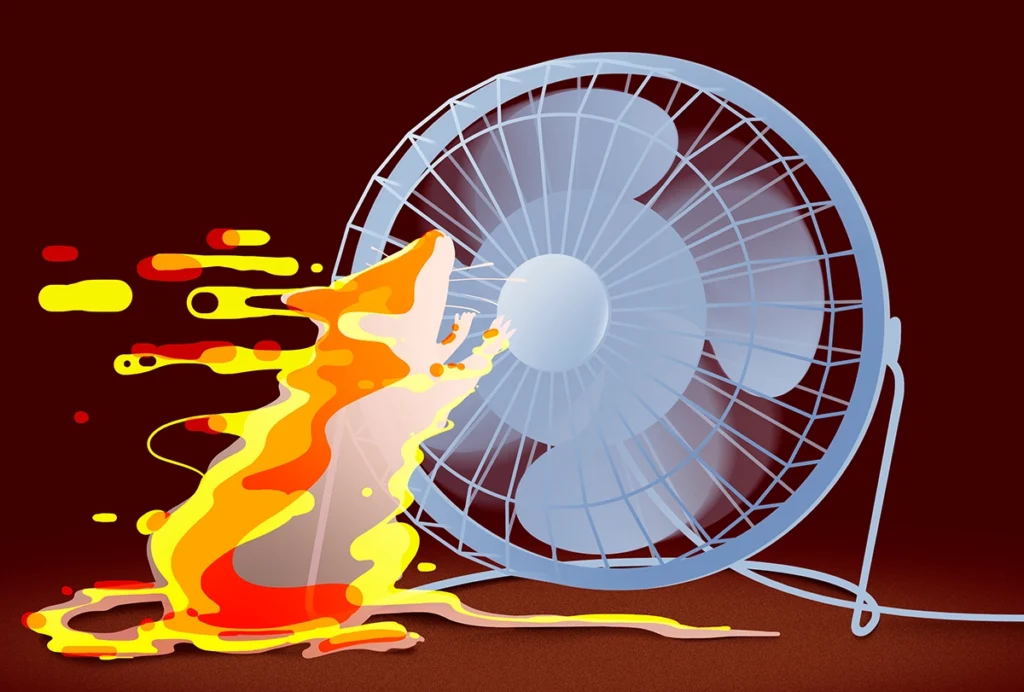
To beat the heat, hypothalamus neurons in mice ramp up their firing
The uptick may help the rodents acclimate to temperature hikes and keep their cool.
To keep or not to keep: Neurophysiology’s data dilemma
An exponential growth in data size presents neuroscientists with a significant challenge: Should we be keeping all raw data or focusing on processed datasets? I asked experimentalists and theorists for their thoughts.

To keep or not to keep: Neurophysiology’s data dilemma
An exponential growth in data size presents neuroscientists with a significant challenge: Should we be keeping all raw data or focusing on processed datasets? I asked experimentalists and theorists for their thoughts.
Explore more from The Transmitter
Dendrites help neuroscientists see the forest for the trees
Dendritic arbors provide just the right scale to study how individual neurons reciprocally interact with their broader circuitry—and are our best bet to bridge cellular and systems neuroscience.

Dendrites help neuroscientists see the forest for the trees
Dendritic arbors provide just the right scale to study how individual neurons reciprocally interact with their broader circuitry—and are our best bet to bridge cellular and systems neuroscience.
Two primate centers drop ‘primate’ from their name
The Washington and Tulane National Biomedical Research Centers—formerly called National Primate Research Centers—say they made the change to better reflect the breadth of research performed at the centers.

Two primate centers drop ‘primate’ from their name
The Washington and Tulane National Biomedical Research Centers—formerly called National Primate Research Centers—say they made the change to better reflect the breadth of research performed at the centers.
Post-infection immune conflict alters fetal development in some male mice
The immune conflict between dam and fetus could help explain sex differences in neurodevelopmental conditions.

Post-infection immune conflict alters fetal development in some male mice
The immune conflict between dam and fetus could help explain sex differences in neurodevelopmental conditions.